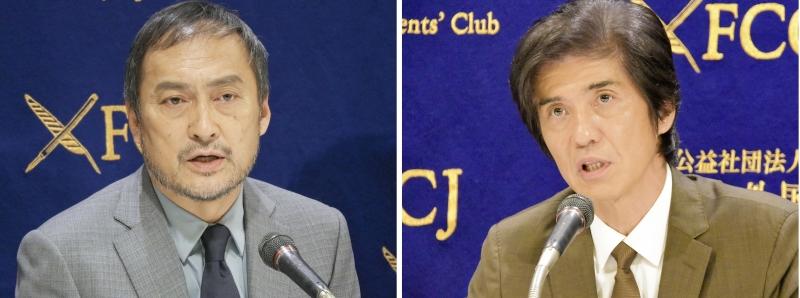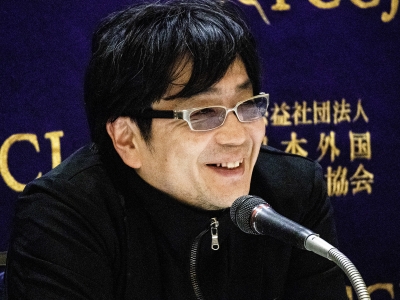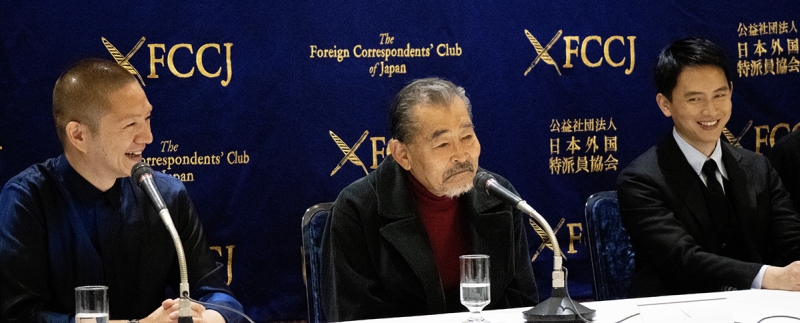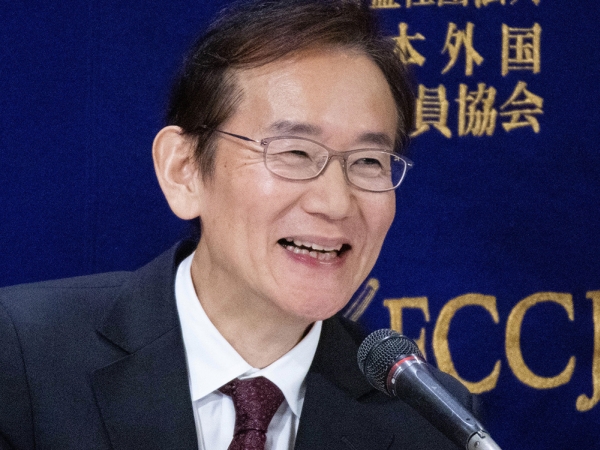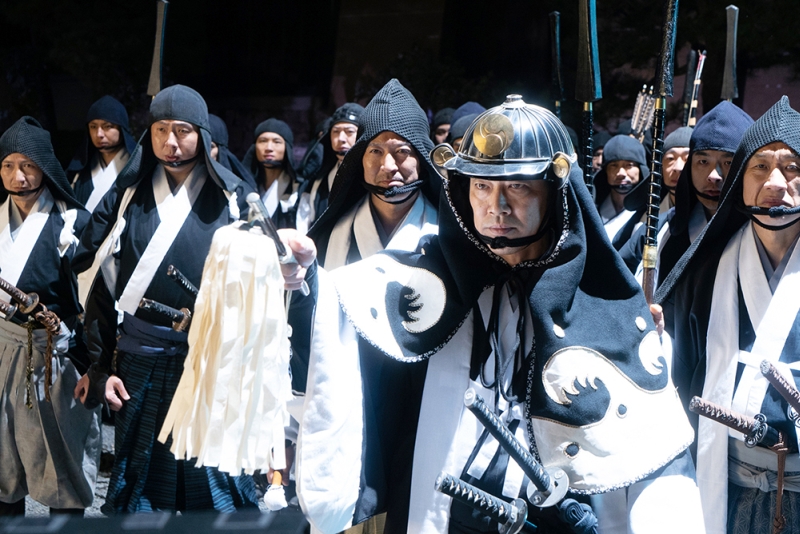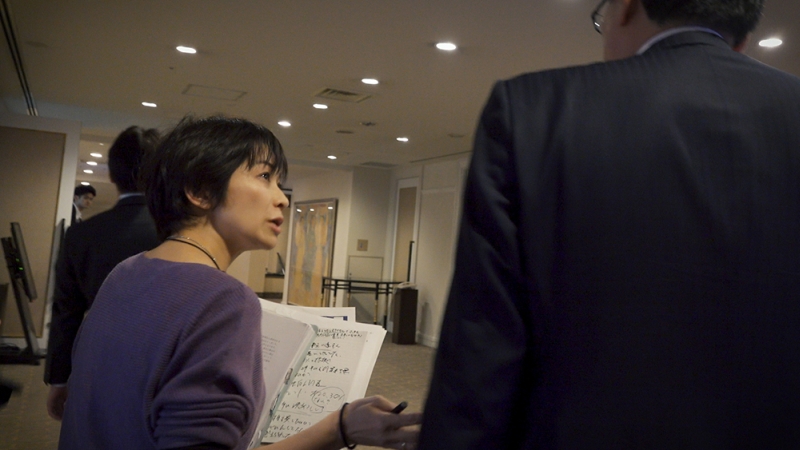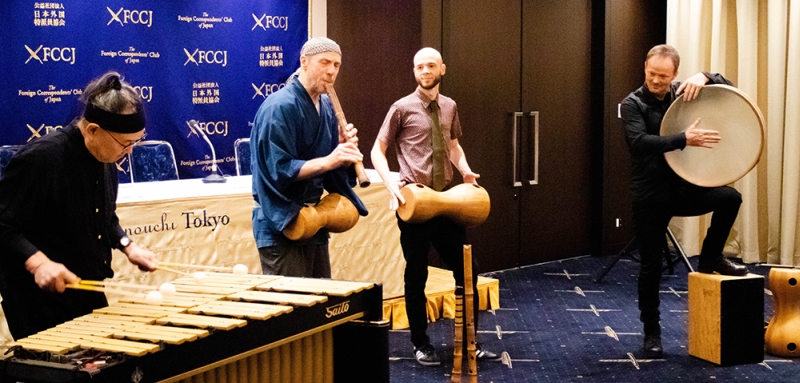MISHIMA: THE LAST DEBATE
Yukio Mishima: the name still towers over the local literary landscape, especially when viewed from overseas. There is arguably no other Japanese writer whose works have been as widely translated, whose life — and death — have been as well documented internationally, whose controversial reputation has been subjected to such intense scrutiny.
No surprise, then, that many members of the audience who gathered at FCCJ to watch Mishima: The Last Debate had not only read most of his 34 novels (and/or his 50 plays, 25 short story collections and 35 books of essays), watched his film Patriotism, in which Mishima also stars, viewed Paul Schrader’s Mishima: A Life in Four Chapters or Koji Wakamatsu’s 11:25 The Day He Chose His Own Fate. Those with an enduring interest may have also read the essential biographies by John Nathan and Henry Scott Stokes, or Andrew Rankin’s authoritative Mishima, Aesthetic Terrorist: An Intellectual Portrait.
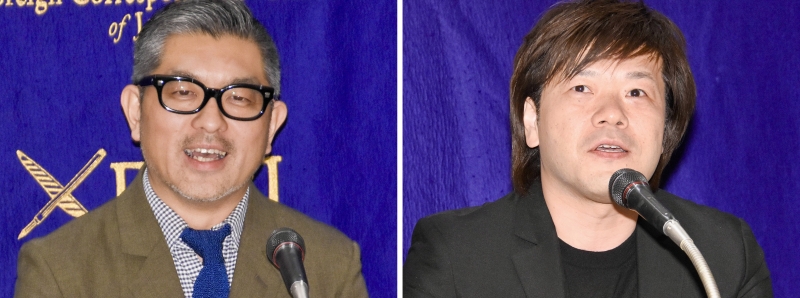
©FCCJ


